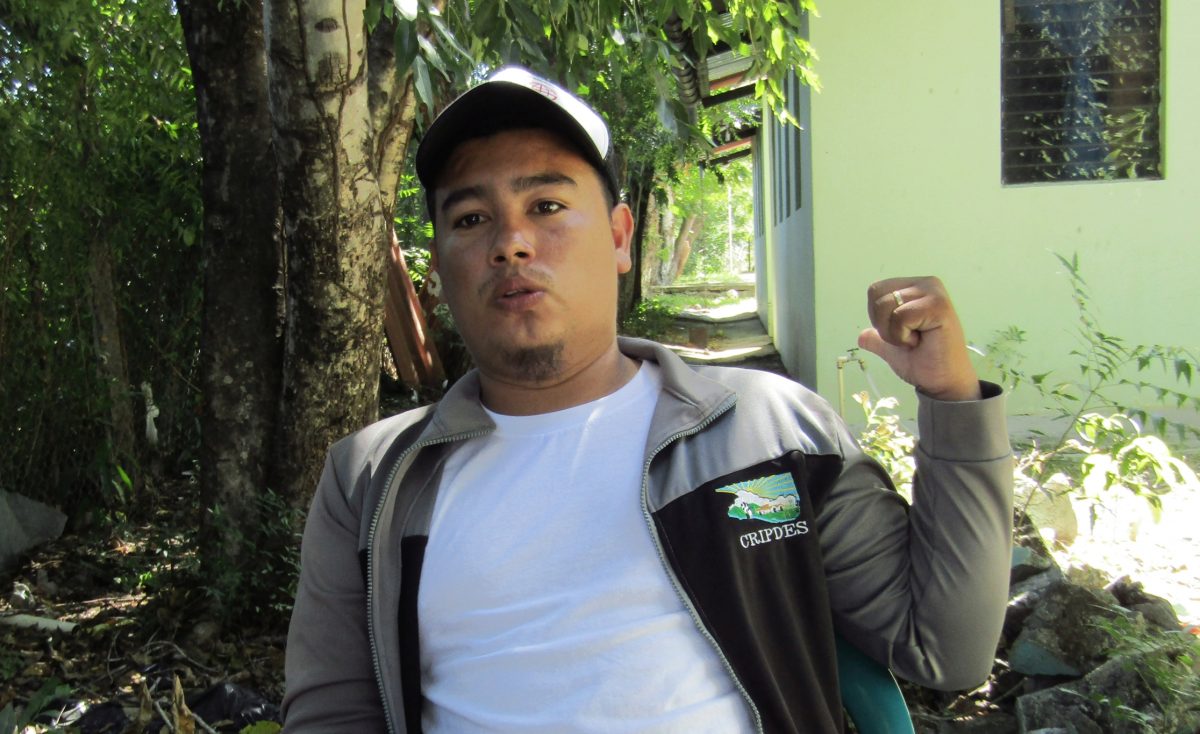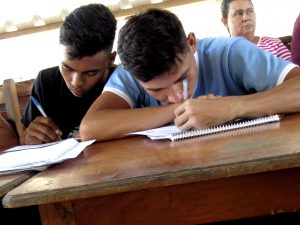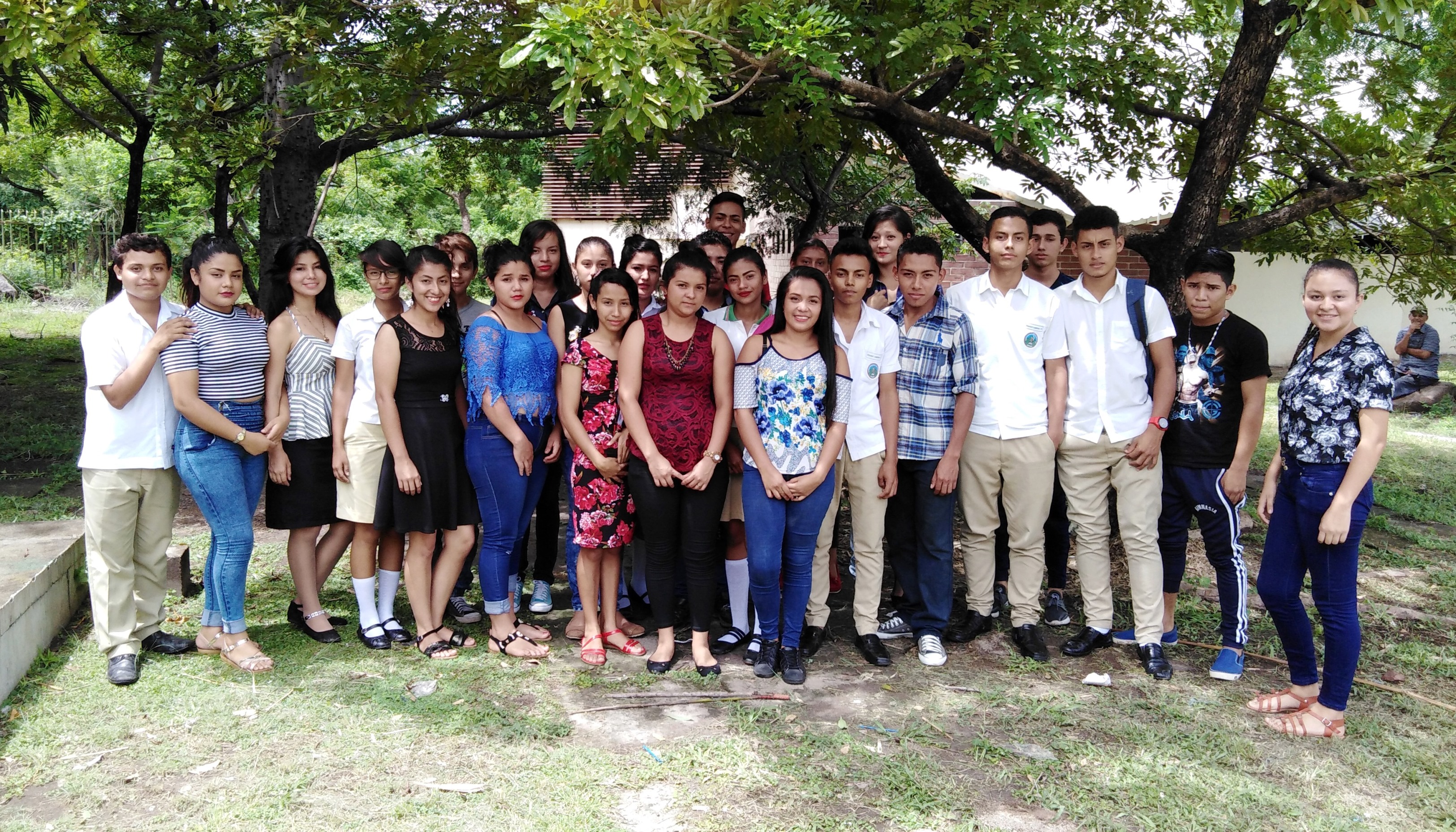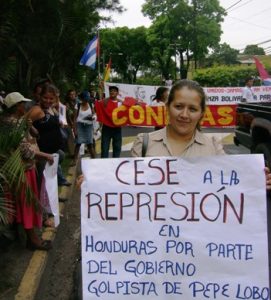CRIPDES Regional Support, Rights for Youth and Women
LGBT issues and Sexual and Reproductive Rights in San Vicente
(EN ESPAÑOL AQUÍ)
In all of the CRIPDES regionals there are workshops to discuss Sexual and reproductive rights. They are sponsored by different donors. In San Vicente’s case, the organization is SOLIDAR SUIZA. Different people are the facilitators. One of them is Alfredo Lopez, who also facilitates the high school scholarships assemblies. Alfredo shared with me what they experience when doing this work in the area.
The Project started in 2017 with 8 workshops attended by Marixa Amaya (Project coordinator), Yensee Méndez and Alfredo. In 2018, Jessica Hernandez was also included to the initiative.
In each of these workshops, two external facilitators would develop two topics. They, eventually, would also develop the methodology participants were going to use when replicating the workshops in their own communities, one of the main goals of the initiative. Some of the communities lack electricity, a projector or even a place to project. They took all of this into account when designing these new workshops with a duration of two to three hours.
Currently, there are six people replicating these topics overall and they have also ran into schools interested in having these workshops developed in their premises next year.
Communities’ youth committees select the potential participants. They are later asked what they already know and what other things they are interested in learning.
The workshops are developed differently if they are carried out in a community or at a school. But there are complicated topics in both scenarios.
In the communities it is always hard to talk about gender violence, abortion and sexual identity.
They have found young people acknowledging that they would never socialize with an LGBT+ person. Others admit having LGBT+ friends but they do so using pejorative terms. It is a small number of young people clearly saying that they respect LGBT+ population.
In some cases, when the participants have shared at home the topics they discussed, parents deny them permission to keep attending. It is a taboo. There are other parents that do advise their children to keep going, acknowledging the importance of such workshops.
Discussing gender violence has its own set of challenges. It is easy for participants to identify different types of violence, but when facilitators ask them if they know cases of sexual violence in their communities, they might say yes but nothing else. Sometimes they clearly state that they do not want to talk about that. Others refuse to talk about it entirely. Facilitators can perceive the shift in this person’s body language or behavior, they do not participate the same way they did before starting this discussion. They have already wondered what would happen if someone were to open up and share that they have suffered or are suffering violence and what would the next steps be. The official advice is to go to the Health Unit, but the reality is that there are no psychologists or someone able to provide real support to a victim of violence in all of its forms.
Working in schools has advantages and disadvantages. The advantage is that, since the workshops are directly where they study, youth participate all the way through. But since they work with eighth and ninth graders, facilitators have to modify the workshops’ content according to the participants’ ages. Abortion, for example, is addressed in a general way and they do not ask them directly what they think about the issue, something they do ask participants in communities. They have also modified the way they address birth control. In schools, they do not practice how to use a condom, they only discuss the theory.
The reality on the ground is that Health Units do have contraception methods: condoms, pills and injections for women (female condom is practically non-existent). The units develop their own workshops to talk about this and participants have the option to ask and take some with them, but many young people don’t do it because they are afraid of be seen and judged.
Alfredo thinks these topics should be discussed with children as well but he thinks we are facing social judgment. He thinks this should be talked with 7 year olds, taking into account their age and their comprehension skills. He also addresses a reality: many kids change their lives before becoming adolescents. A young boy starts living with a girl because this girl got pregnant, being only 13. We are not taking into account how much this affects her own growth. “She is also going to have the responsibility of a child on their way… our communities don’t have a plan to tackle these issues”, he says.
You can hear our entire conversation, in Spanish, in the following video:




